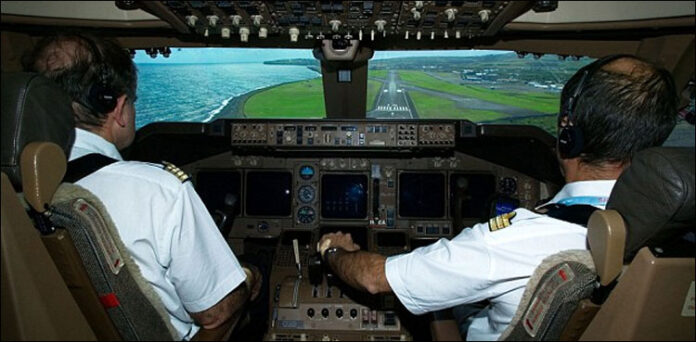ISLAMABAD: Pakistani pilots claim that fraud and improper flight certification practices at the country’s civil aviation regulator are an open secret, while air safety has routinely been compromised by airlines through faulty safety management systems, incomplete reporting and the use of regulatory waivers.
This was stated by six pilots who spoke to Al Jazeera on condition of anonymity, fearing reprisals from their employers or the regulator. The names of three of the six pilots are on the list of “fake” licence-holders. They deny any wrongdoing.
One of the major criteria for being listed – having flown a flight on the same day as an exam – has also been disputed, including by all six pilots Al Jazeera spoke to, who said that taking an exam in the morning and flying later in the day was “routine” and within regulations.
Pakistani aviation regulations are unclear on the specific issue of taking exams on the same day as a scheduled flight, requiring only that pilots be “adequately rested” before undertaking flight duties.
“I am witness to it. I don’t even have to think about it, I have witnessed it,” said “Pilot A”, whose name was on the list of suspected licences. “It’s a well-known thing in the industry that you can either do it the regular way or you can pay someone to [cheat] for you.”
Pilot A said that he had been approached by colleagues with an offer to help him cheat, with the aid of PCAA officials, in exchange for payment when he had been attempting his commercial pilot’s licence (CPL) written exams in 2009.
Pilot A said when he and three others reported the fraud to senior PCAA officials, they were repeatedly failed on their final CPL exam until they “apologised”.
“Everyone [in our group of whistle-blowers] who apologised to [the PCAA official], the next attempt they cleared their exams.”
“Pilot B”, a senior instructor at a flight school and later a commercial pilot at PIA, said that while committing fraud on the tests was not widespread, the availability of the option was well known.
“It was easier to [cheat] than to not do it,” he said. “They give you a bank of 40,000 questions. Then you can either study for it and try to pass, or you pay to get the answer key [from someone].”
In 2011, the PCAA changed its testing processes, increasing the number of exams from three to eight, based on European Joint Aviation Requirements (JAR) standards, and introducing personalised computerised tests for pilots.
Pilots say the method of fraud then changed to paying corrupt PCAA officials to allow them to bypass taking the exams altogether.
“[PCAA employees would] put in the [data] and do the exam and mark you as whatever grade you got,” said another pilot, “Pilot C”. “So, you give me [a multiple of] 100,000 rupees ($600) and I’ll make it happen on my day off. […] They were minting money.”
Other pilots put the price of passing individual exams at between Rs40,000 and Rs100,000 ($240-$600).
Authorities say the current investigation was initiated by a commercial aircraft accident in the southwestern town of Panjgur in November 2018, when an ATR-72 aircraft overshot the runway. An investigation found the lead pilot’s licence had been issued based on an exam supposedly taken on a public holiday, when the PCAA is closed.
“It was so common to do this, to be told to just sign a licence [without certifying],” said Pilot B, of his time as a flight instructor. “It was unbelievable to me.”
Pilot B said he faced punitive action by the regulator if he did not comply with requests to pass pilots, citing the example of one pilot who had not completed the required flight hours.
“When I refused, my licence was put into audit and I was accused of having a forged logbook,” he said.
























